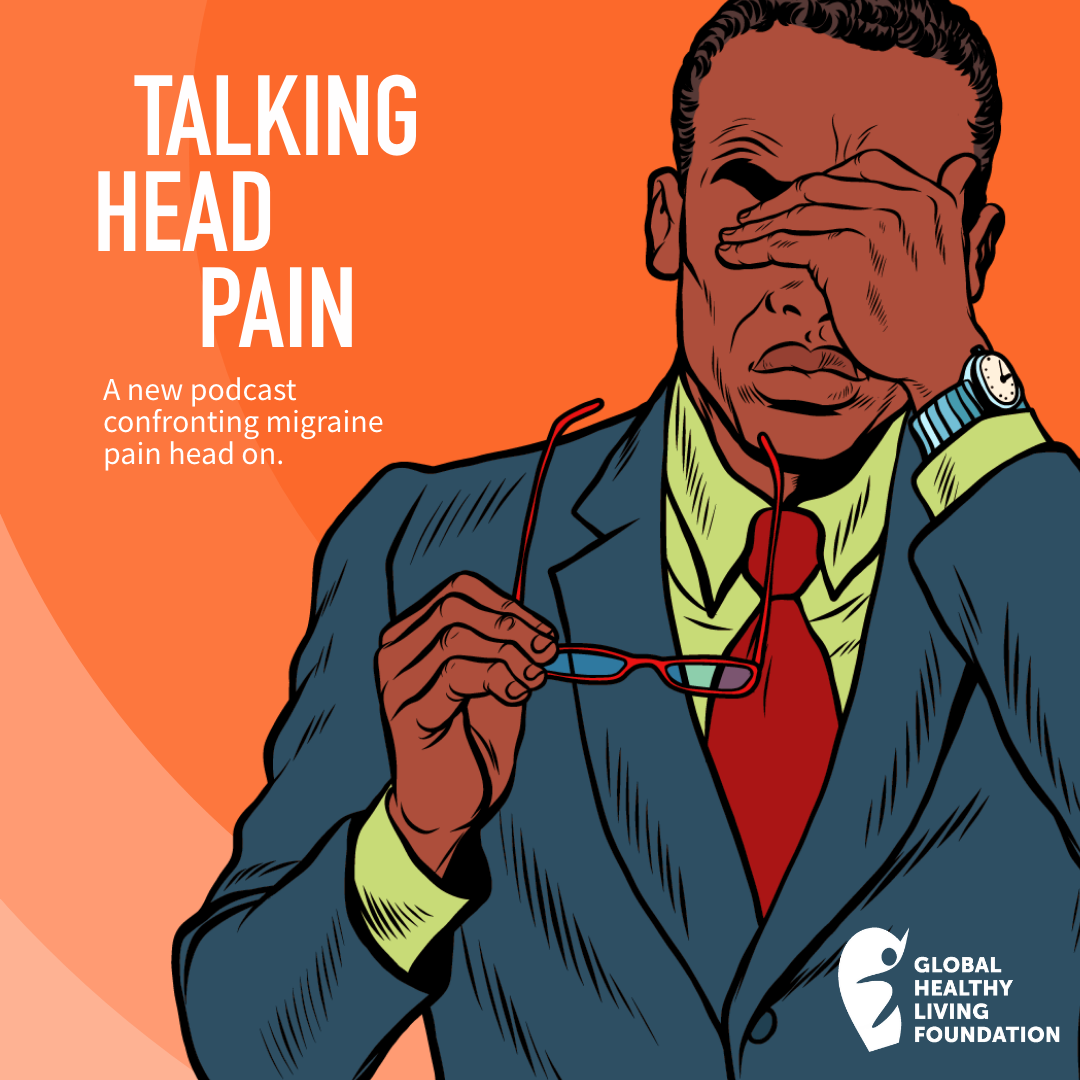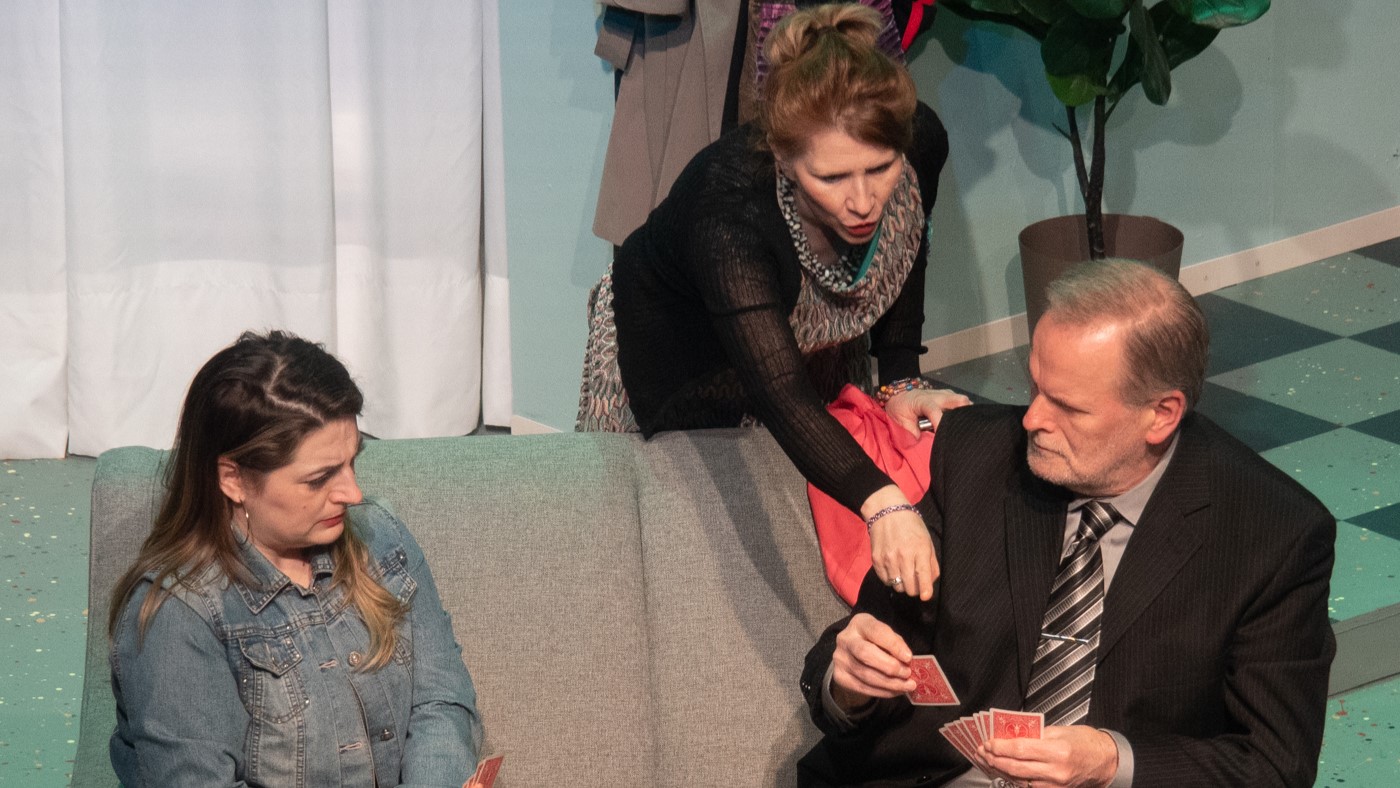There is nothing quite like the feeling of meeting others who are just like you. Rheumatoid arthritis (RA) is not a common illness, affecting approximately one percent of the population, which makes it next to impossible for us to randomly meet another person who also lives with this chronic condition.
The Internet makes up for that. Thanks to social media, we have a vibrant RA community online whose members are passionate about sharing information, offering support, and making each other laugh about the ridiculous indignities of RA life.
Being part of this global community makes you realize the common experiences we share as we cope with symptoms and everyday challenges — the pain, fatigue, issues with cooking, showering, working, and so much more. But when we step outside our homes to interact with the world, differences arise depending on the country in which you live. Accessing health care and medication, dealing with employers, and finding supportive services are just some of the things that differ from country to country. And that’s why we need an equally vibrant Canadian online RA community. But how do we build one?
The Impact of Community
I never knew anyone else like me. Growing up with juvenile arthritis in a time before the Internet, everyone I knew were healthy and able-bodied. So I tried my best to be “normal,” never asking for what was then considered “special treatment” to make life and school a little easier. I repeatedly wrecked myself to keep up, working hard in between flares, which of course led to further flares and feeling never quite good enough. My mental health and quality of life suffered because of this quest to be like everyone else.
It was not until decades later when I connected to the online RA community that I met others like me. Others who had difficulty keeping up with the able-bodied pace and whose lives looked very much like mine. People who offered information, advocacy, support, and virtual hugs. It felt like coming home. In this community, I am no longer alone, but have hundreds of friends just like me. It’s a space where I don’t have to keep up, where I am not the different one, where people get it. And it is a treasure beyond compare.
But by virtue of size, this community is dominated by the U.S. conversation. The U.S. population is huge, which means their one percent RA group is bigger than most. Although we share a language and certain cultural similarities, so many things about our countries are distinct. Health care systems, financial support programs, governments, social services, and so many other aspects of our national infrastructure. And let’s face it, even though we may have a certain level of cultural overlap, there are some uniquely Canadian ways of being that informs our perspective on issues, politics, and culture.
I love my global community and adore my U.S. friends, but the lack of a strong RA community in this country is having an impact on the lives of Canadians who live with this chronic condition. We have well-established nonprofit organizations who provide excellent information and advocacy, such as the Arthritis Society, Arthritis Research Canada, and the Canadian Arthritis Patient Alliance (CAPA), but them acting on our behalf is not enough.
One of the lifesaving gifts of community is the personal touch. Figuring out how to actually live with RA — what your rights are, what other people do to afford medication, keep working, access occupational and physical therapy, or which organization runs the program you might need. The community is also about advocacy, raising awareness about RA and what it is like to live with it, and connecting with Canadian decision-makers to create the change we need.
In the U.S., CreakyJoints runs the 50-State Network, an advocacy group making sure that the lived experience of people who live with inflammatory arthritis and migraine is heard at the legislative level. This is an essential aspect of changing policy and creating a more inclusive society. Canada needs something those kinds of voices and personal stories to strengthen the work of existing organizations and fill any gaps. Having a stronger voice for autoimmune arthritis in Canada can only be a benefit for us all.
How to Build a Canadian RA Community
Over time, Canadian RA advocates have created an informal network as we stumbled across each other’s accounts on social media. Formal advocacy opportunities like those existing in the U.S. have been slow to build on the side of the border, but in the past few years more coordinated efforts have begun to take shape. One of these is CreakyJoints Canada, and several of those advocates write for this website, sharing a uniquely Canadian view of living with RA and the challenges we face.
When creating an online community in the firehose of social media posts, it helps to have a hashtag. That’s why I have registered #RheumCanada as a hashtag to represent the Canadian RA community. No one owns a hashtag, but this one was originally used in two 2020 tweets by the Canadian Rheumatology Association, so it’s not going to step on any toes when our community uses it.
To begin your connection to the Canadian RA community, follow these advocates on Twitter (most also have Instagram and Facebook accounts):
Lene Andersen — @TheSeatedView
Julia Chayko — @JGChayko
Eileen Davidson — @ChronicEileen
Michael Kuluva — @MichaelKuluva
Theresa Lane — @Therese_Lane01
Cristina Montoya — @ArthrDietitian
Julia McNally — @the.ra.yogi
Close to 400,000 Canadians live with RA. That’s a lot of people who share this specific experience and who need a community to call their own. If we want rheumatoid arthritis to be more visible in this country, more considered in decisions regarding research funding and policy changes, we need to speak up as Canadians about our situation in Canada. All great movements start with a small seed before it grows to something that has real impact. Let’s get started.
Stay in Touch with CreakyJoints Canada
Part of the nonprofit Global Healthy Living Foundation, CreakyJoints is a digital community for millions of arthritis patients and caregivers worldwide who seek education, support, advocacy, and patient-centered research. All of our programming and services are always provided free of charge. As we grow CreakyJoints Canada we want to hear from you. Please join our email list to stay connected, learn about new content and initiatives, and send us suggestions and ideas.






